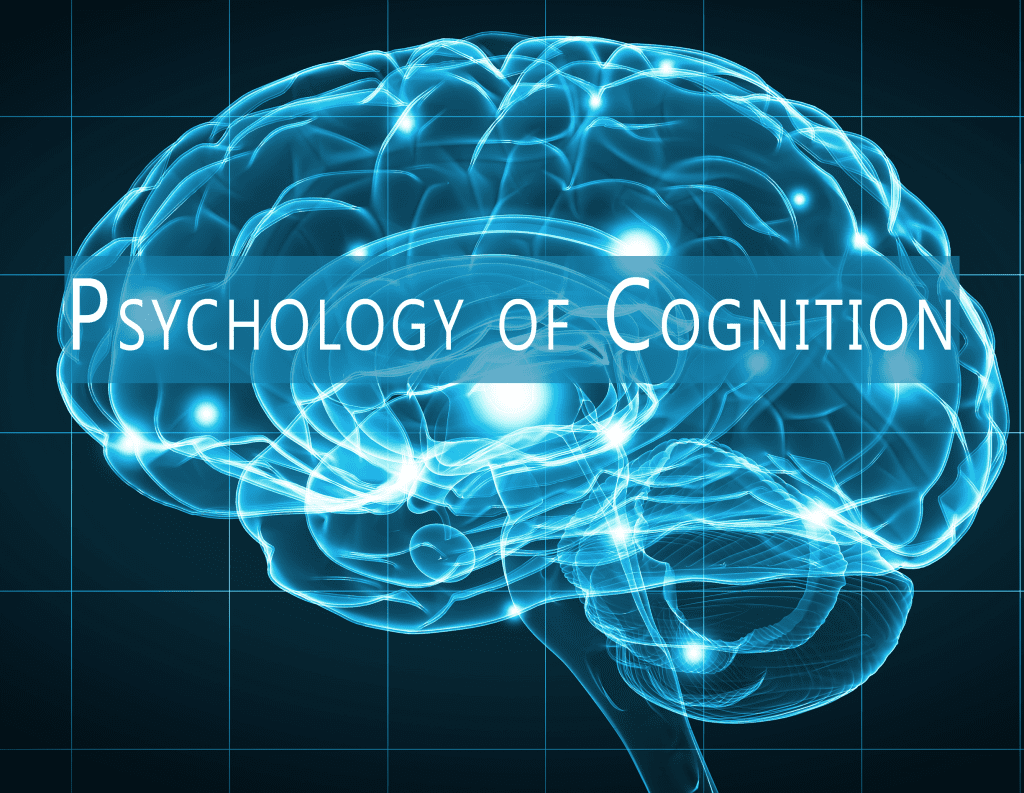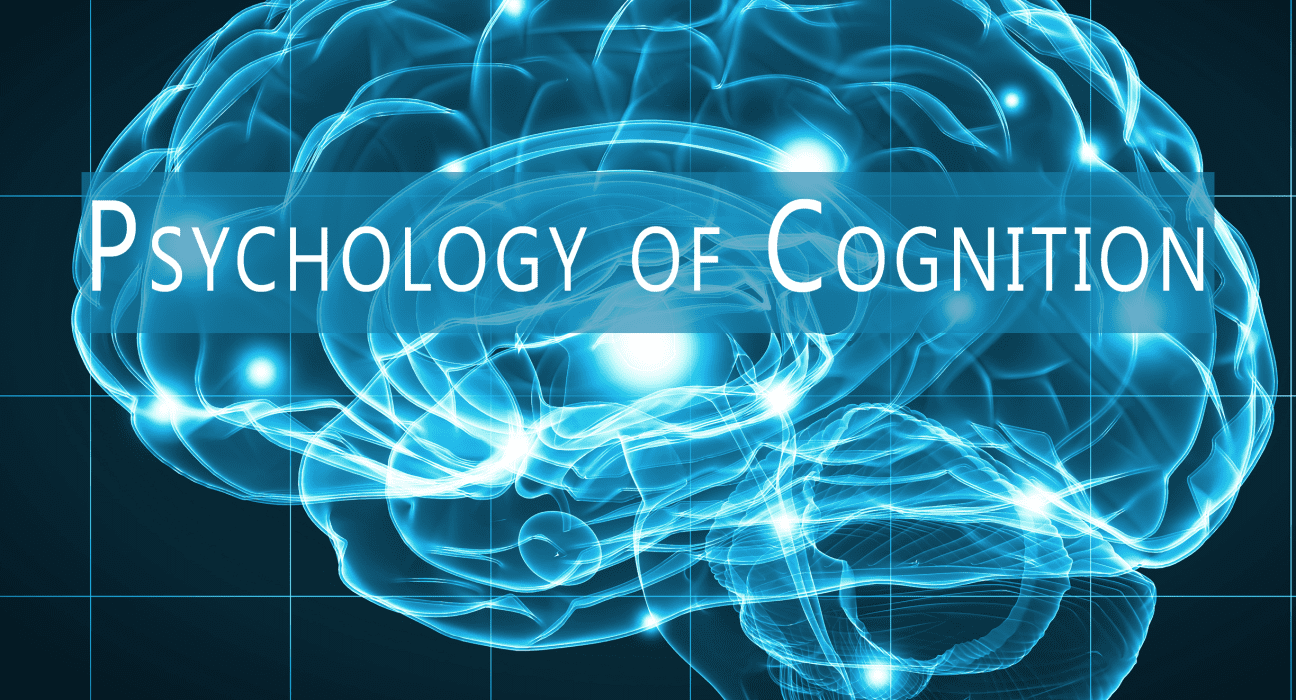Human behavior learning , transformation in attitude and observing a permanent change in personality is categorized under learning psychology.
Learning is knowledge, and it provides ways for people reaction, behavior and interaction with society. It provides the basis for thoughts, experience, and perception.
Why Learning Psychology is Significant?
Among several advantages of learning psychology, central understanding of superior conditioning, observational learning and operant conditioning. Psychology of cognition in depth provides a thorough understanding of these concepts that are helpful to perceive different circumstances.
Psychology learning essentially provides the way how to get an understanding of people, their behavior, and their interaction.
Learning psychology develops the skills which are critical to access different situations, in which people behave. It is a skillful knowledge that helps the learner to idealize the human behavior, judge it and predict the upcoming case.
Understanding the relationships, difficulties, and diversification in behavior is comfortable with the psychology of cognition. It paves the way for behavioral judgment and provides solid instincts to observe practices.

Another potential advantage of learning psychology is critical thinking. Through studies, learning increases, which become sustainable with the experience, and understanding of the different perspective of human behavior raise knowledge. Learning increases thinking the process and supports critical evaluation.
The Psychology of Cognition
Psychology of cognition is suitable to develop the brain. Through developmental conditions, it allows the mind to perceive better and in a defined manner. Retrieving information and learning through experience with a daily live observation makes strong perception.
Understanding different brain skills, critical judgment, observing keenly and arriving at a conclusion is far different from the prior knowledge, as compared to the new one.
Psychology of cognition opens up the directions of mind, brings attention, builds focus on a specific point and provide an improved exposure to a human state that was never experienced before by the learner.
Piaget Stages of Child Development
Primary stages of development by Piaget focus on child development and their educational working. He has analyzed the kids’ behavior and reflected their increased learning capacity to understand the world.
The theory of cognitive development depicts the change in kids in 7 years and from 11-12 years. Before this age, children are not capable enough to understand the world. The theory deals with four stages:
- 0-2 year sensorimotor stage that involves memory, through an imitation
- 2-7 year preoperational stage that involves symbolic recognition and development of language
- 7-11 year concrete operational phase that leads to the logical solution of problems
- 11-15 year’s formal stage of operations that is linked to the abstract issues and solutions
These steps apply to kids learning and help them in a classroom to adapt various transitions. Through development, children get the wide range of experience and acquire complex skills.
Advertising effectiveness is useful in the schema. It helps in cognitive processing that categorizes the available knowledge.
The acquired knowledge organizes into various schemas that in turn process word, image and other visual understanding. Schemata depict specific phenomenon linked with the enduring belief.
To face a new experience, a kids mind attempts to organize a schema to process the situation. Schema development strongly affects the ability to have knowledge and working memory. Psychology of cognition is about individual’s response that examines the confirmation effect through the processing behavior.
Role of existing schemata is linked with the new one. If new experiences match existing schema, it is called congruent. Such a situation creates comfort and familiarity with the circumstances and needs not any cognitive effort.
Type of Schemas
Differing type of schema provides additional information about a sensation or a property. It organizes current knowledge and provides a framework for the better understanding of the future.
A mental state that captures schema comes across different kind of schemas, for instance, social schemas that reflect general knowledge, trait schemas are about a particular characteristic and object schemas provide the understanding of inanimate things and their functions.
These are comprehension under schemas playing integral roles in our lives and are different in different individuals. For instance, event schemas relate to specific conditions, role schemas provide unusual behavior, and person schemas reflect information about individuals. In this way, different schemas are present in life that varies from person to person.
Reciprocal determinism is a cognitive judgment theory presented by Bandura, a psychologist. In social cognitive and social learning theory, there is a specific place of reciprocal determinism that focuses on dynamic learning. It is useful in environment and enforces stimuli in people with physical surroundings.
There is a strong influence of environment over behavior, for instance, when a teacher yelled on a student in a classroom, it has not only a substantial effect on that student but also on the class environment.
Cognitive factors and personality bears strong connection and behave according to an individuals’ expectation.
Others hate any bad activity by a kid, and it creates a learning behavior in the kid which is dynamic learning. The psychology of cognition helps determining these aspects.
These theories and sub-theories of cognition and learning play the integral role in understanding. They focus on brain activity and adaptive function. Through different mindset and tools, an individual behaves adaptively.
The brain recognizes particular actions and learns from an environment. The psychology of cognition behaves accordingly when a development situation occurs.

